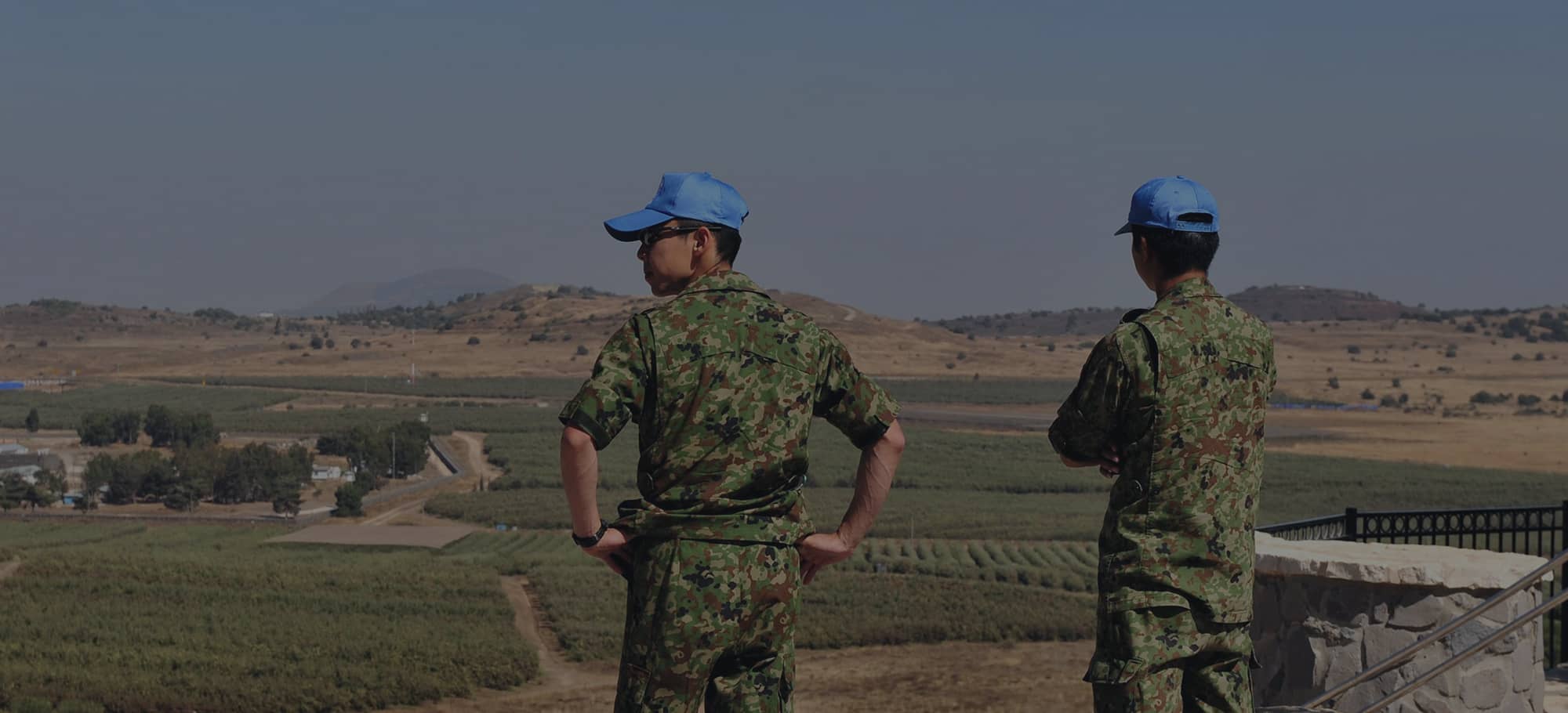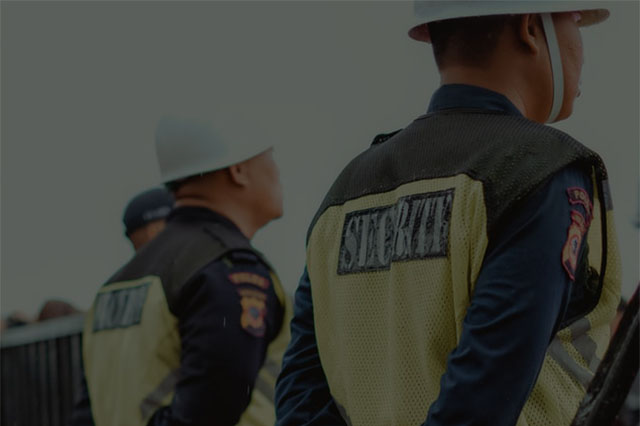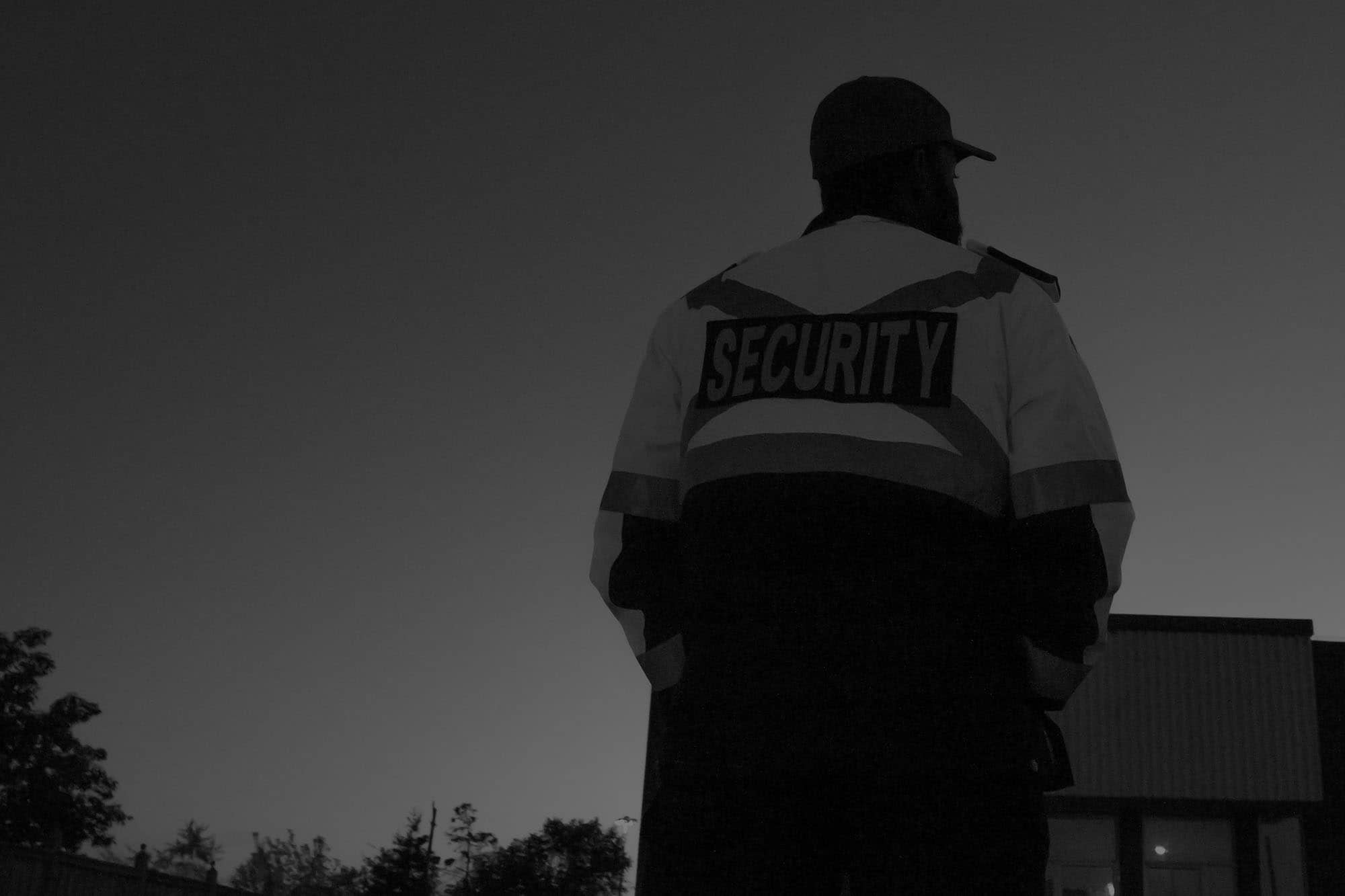Private security providers play an important role in protecting company personnel and assets, but their work is sensitive and can pose risks to human rights.
This section helps navigate topics like:
- How to vet private security providers including in the absence of public information
- How to prevent the excessive use of force
- How to ensure culturally appropriate security practices





